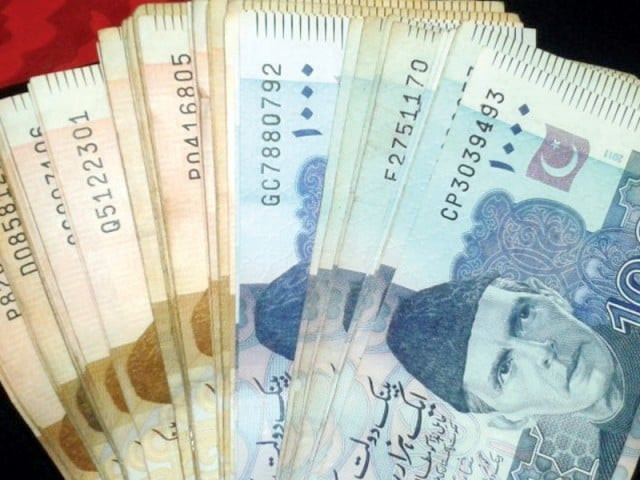Pakistan still heavily relies on cash
Over Rs9.5tr circulating, country too far from becoming digital economy

Despite the government's ambitious plans to transform Pakistan into a digital economy, the reality on the ground shows that cash still dominates financial transactions. With more than Rs9.5 trillion in cash circulating in the economy, Pakistan's dependence on physical currency highlights how far the country has to go before becoming truly cashless.
Pakistan Industrial and Traders Association Front (PIAF) Senior Vice Chairman Muddasir Masood Chaudhry said that while the government has made rapid progress in promoting digital payments, it has not adequately addressed the real challenges facing traders and consumers. He said the lack of awareness in both rural and urban areas, limited financial literacy, weak internet infrastructure and frequent network disruptions continue to block the path towards full digital adoption.
Chaudhry said that despite large-scale efforts to digitise Pakistan's economy, much of the country's trade still relies heavily on cash. The preference for cash, he explained, is driven by ease of use, lack of trust in online systems and limited access to banking services.
"The government is moving quickly to push digital payments, but on the ground, traders are struggling with practical problems. Poor internet connectivity, limited awareness and frequent system breakdowns are realities that cannot be ignored," he said.
Under the Prime Minister's Cashless Economy Plan, the government aims to expand the number of active digital merchants to 2 million by the end of fiscal year 2025-26. It also plans to increase mobile and internet banking users from 95 million to 120 million within the next year and double annual digital payment transactions to 15 billion. But many experts say these goals are too ambitious given the current economic and technological conditions.
According to industry experts, around 70% of the population still uses cash for daily transactions. In rural areas, this figure is even higher because of limited access to smartphones, poor digital literacy and unreliable internet. Small and medium enterprises (SMEs), which make up nearly 40% of Pakistan's GDP, remain largely outside the formal financial system.
Tax expert Arsalan Qureshi said that the lack of incentives is a major reason traders hesitate to switch to digital platforms. "The government needs to introduce tangible benefits like tax rebates or reduced transaction fees for those using digital payments. Right now, most traders feel that going digital only increases their exposure to taxes without offering any real advantage," he explained.
Local trader Rizwan Sheikh from Lahore's Shah Alam market, who uses cash in daily transactions, said that while he understands the convenience of digital payments, customers rarely use them. "Many of our customers, who come from second or third-tier cities, don't have reliable internet or bank accounts. Sometimes the payment apps crash and we lose valuable time waiting for confirmation. Cash is quick and trusted," he said.
According to the Pakistan Telecommunication Authority, about 61% of Pakistanis have access to mobile broadband, but connectivity remains uneven. Many rural regions still lack stable networks, which makes consistent use of digital payment apps nearly impossible.
Despite this, Pakistan has seen some positive steps through initiatives such as Raast, the State Bank's instant payment platform, and rapid transformation of different mobile banking apps, which have helped millions make small digital transactions.
Economists and industry experts say reducing Pakistan's heavy reliance on cash could help formalise the economy and expand the tax net. They add that even a slight reduction in the cash-to-GDP ratio could serve the purpose initially, improve documentation and bring more transparency to financial flows. However, achieving this target requires bridging the gap between policy ambitions and ground realities.
Chaudhry said that before implementing large-scale digital initiatives, the government should focus on the groundwork that matches local conditions. "Any plan that ignores on-ground realities is bound to face setbacks," he said, adding "improving digital infrastructure, expanding access to banking services and building public confidence are essential for long-term success as without addressing the fundamental issues of awareness, infrastructure and trust, the vision of a cashless Pakistan may remain an aspiration rather than a reality".






















COMMENTS (1)
Comments are moderated and generally will be posted if they are on-topic and not abusive.
For more information, please see our Comments FAQ